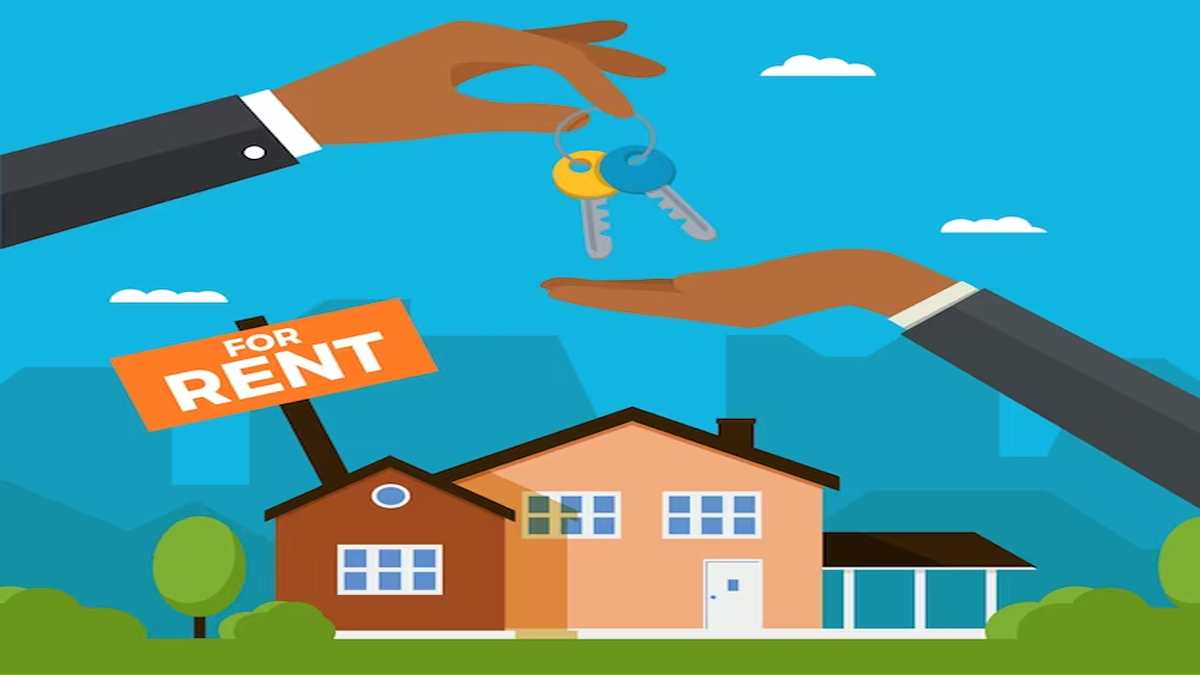Tenants’ rights and procedures and the corresponding rights and obligations of landlords form an essential part of landlord-tenant law. These laws are put in place to ensure fair and lawful relationships between landlords and tenants, protect their interests, and outline the procedures for resolving disputes. The specifics of these rights and procedures may vary based on the jurisdiction, so it’s important to consult local laws or seek legal advice for accurate and up-to-date information. However, I can provide a general overview of common rights and procedures below:
- Lease Agreements: A lease agreement is a legally binding contract that establishes the terms and conditions of the rental arrangement. It typically includes information such as rent amount, duration of tenancy, payment due dates, and rules for the use of the property. Both the tenant and the landlord have rights and responsibilities outlined in the lease.
- Security Deposits: Many jurisdictions allow landlords to collect a security deposit from tenants at the beginning of the tenancy. This deposit acts as financial protection for the landlord in case of damage to the property beyond normal wear and tear or unpaid rent. The specific rules regarding security deposits, including the amount that can be collected and the procedures for their return, vary by jurisdiction.
- Rent Payment: Tenants have the right to a safe, habitable dwelling in exchange for paying rent as specified in the lease agreement. Landlords are typically responsible for maintaining the property, ensuring it meets safety and health standards, and providing necessary repairs. Rent payment methods, due dates, and late fees, if applicable, are usually outlined in the lease agreement.
- Privacy Rights: Tenants have a right to privacy within their rented dwelling. Landlords must typically provide advance notice before entering the property for non-emergency reasons, such as inspections or repairs. The notice period and acceptable reasons for entry vary by jurisdiction.
- Repairs and Maintenance: Landlords are generally responsible for maintaining the rental property in a habitable condition. This includes addressing structural issues, maintaining essential services like plumbing and heating, and ensuring compliance with local health and safety codes. Tenants are responsible for reporting any maintenance issues promptly.
- Discrimination and Fair Housing: Laws prohibit landlords from discriminating against tenants based on protected characteristics such as race, color, religion, sex, national origin, disability, or familial status. These laws vary by jurisdiction but generally ensure equal access to housing opportunities.
- Eviction Procedures: In cases where tenants violate lease terms or fail to pay rent, landlords may need to initiate eviction proceedings. Eviction laws specify the required notice period, legal grounds for eviction, and procedures for filing eviction lawsuits. It is important for landlords to follow the legal process to avoid illegal eviction.
- Dispute Resolution: When disputes arise between tenants and landlords, various methods of resolution are available. This may involve negotiation, mediation, or, if necessary, legal action. Small claims court or specialized housing courts are common venues for resolving disputes related to unpaid rent, security deposit deductions, or property damage claims.
Remember that the above information is a general overview, and the specific rights and procedures can vary depending on the jurisdiction. It is always advisable to consult local laws and regulations or seek legal advice for accurate and detailed information applicable to your specific situation.
